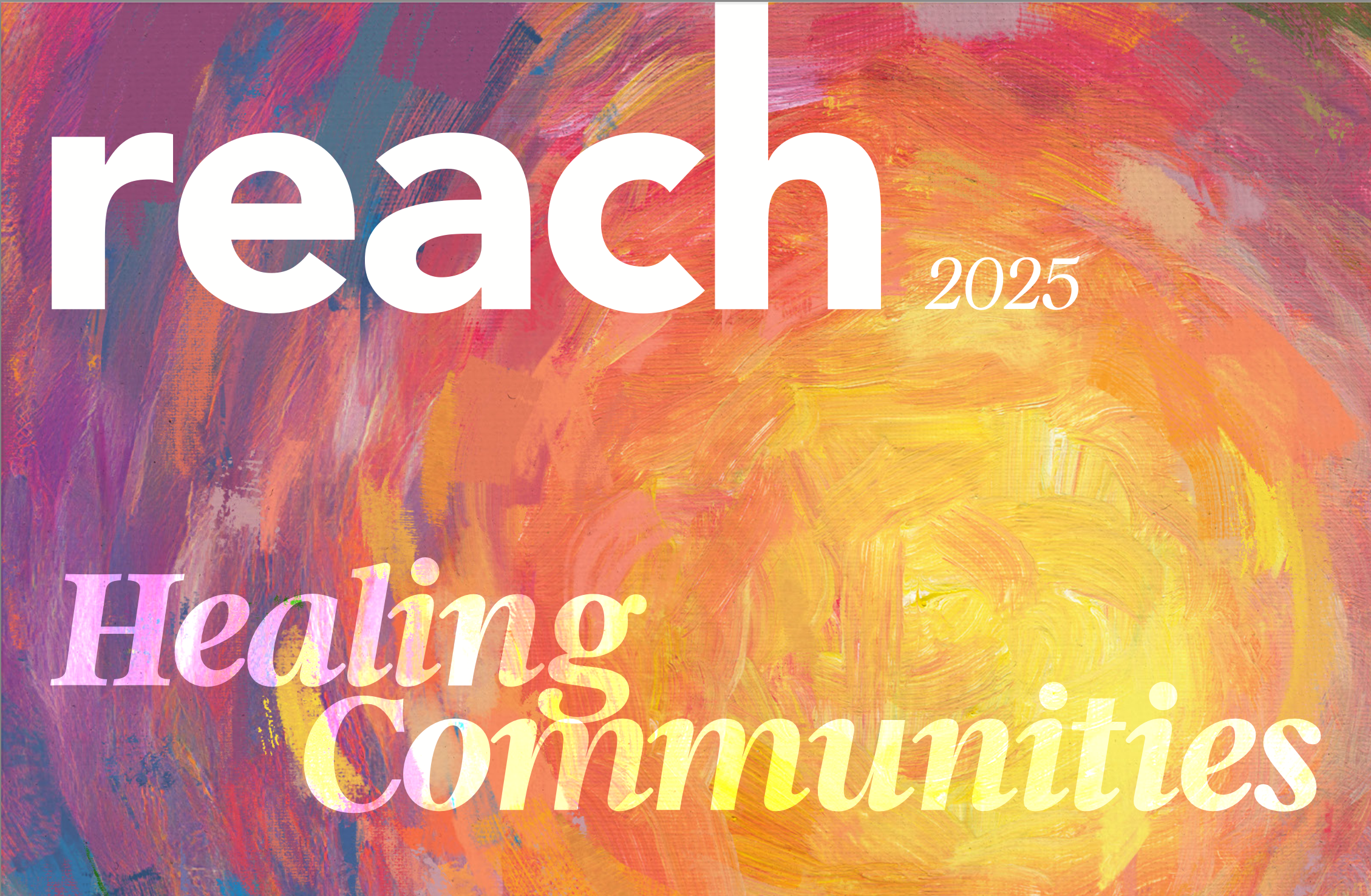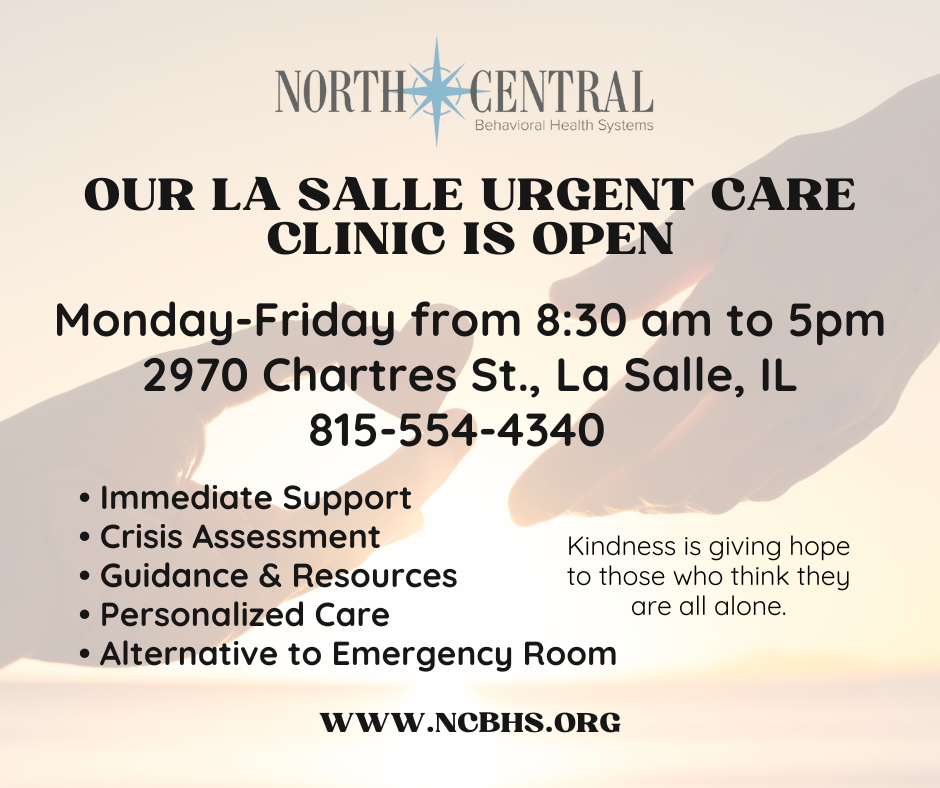When asking people about their concerns with air pollution, most admit that they have a concern. When asking people about their concern with water pollution, the same applies. However, when I ask people about body pollution, many do not know what I am talking about. What are Inhalants? Inhalants are chemicals that produce fumes (vapors) usually at roomtemperature and that can produce mind altering effects when inhaled by the body. Some people abuse them for a high, however, some people just do not realize the dangerous effects of these chemicals.
At this time of year many children are making the transition from a fun filled summer to the excitement of a new school year. Having some anxiety and apprehension about a new situation is part of their normal development and with understanding and patience parents can help children build coping skills and their anxiety can be relieved.
However, some children’s anxiety is so intense that it becomes a separation anxiety disorder. These children’s fears keep them from normal activities. Here are some examples:
The beginning of the New Year is a time to reflect on the past year but look forward to what comes with the New Year. Here are some suggestions on becoming happy in the New Year.
In the United States, nearly 44,193 people commit suicide every year. This means that on average, someone dies from suicide every 16.2 minutes. Chances are that you or someone you know has been affected by suicide. Suicide can be prevented. It is important to be aware of the warning signs because, statistically speaking, you may be able to save a life, potentially even your own.
Talk
If a person talks about:



